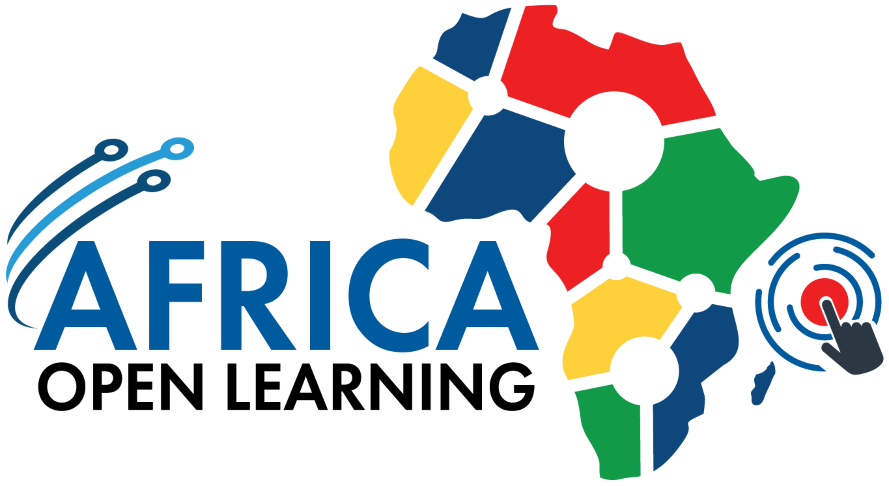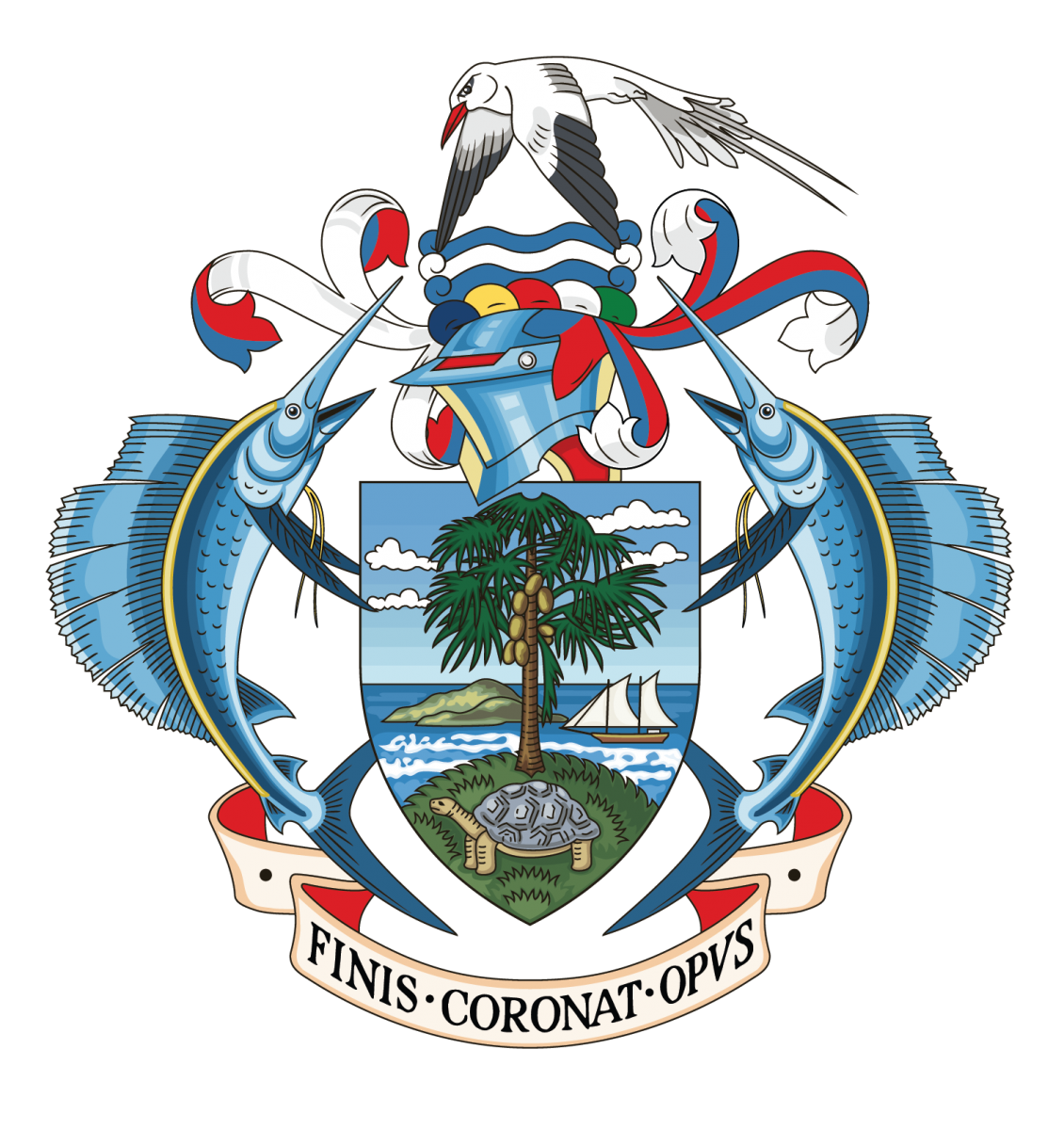Flexible Learning That Enhances Your Potential
Micro-credential certification in Accounting Research Method ACC6324 (MA)
Overview:
This programme aims to introduce students to the responsibilities of a corporate financial manager. Coverage includes the evaluation of investment and financing alternatives, working capital management, and determining capital structure and dividend policy.
Emphasis is placed on the analytical aspects of the decision-making process to enable students to form their own judgment in the dynamic business world.
Awarding Body:
 This programme is designed, delivered, assessed and awarded by SEGi University through the Africa Open Learning Platform.
This programme is designed, delivered, assessed and awarded by SEGi University through the Africa Open Learning Platform.
Endorsement & Recognition:
Discipline:
Business & Accounting
Entry Requirements:
Entry Requirements - No
Age - 23 Years Above
Experience - No
Language Proficiency - Yes
Numeracy Proficiency - No
Prerequisites - No
Others - No
Contents:
- Introduction to research
- Research process, applying scientific research to management problems, research objectives, problem statements, development of hypotheses, ethics in business research
- Choice of Topic, Literature Search and Research Proposal
- Basic requirements, general areas for research, the selection process, the research problem, purposes of a literature search, research databases, how to write a literature review, how to make citations."
- Research Design
- Exploratory research, descriptive research, causal research, cross-sectional and longitudinal designs.
- Exploratory Research Design: Secondary Data
- Primary versus secondary data, advantages and disadvantages of using secondary data, types of information sources, evaluating information sources, review and evaluate search results.
- Exploratory Research Design: Qualitative Research
- Qualitative versus quantitative research, focus group, depth interview, projective techniques, observational techniques, analysis of qualitative research.
- Survey Methods
- Interviews, self-administered questionnaires, sources of survey errors, response rate.
- Experimental Design
- Causality, validity in experimentation, extraneous variables, pre-experimental designs, true experimental design, quasi experimental design, randomized block design, latin square design, factorial design, field experiments.
- Measurement
- Measurement scale construction, primary scales of measurement: nominal, ordinal, interval and ratio, comparative scaling techniques, non-comparative scaling techniques, reliability and validity measures.
- Questionnaire Designing
- Choosing questionnaire structure and wording, determining the order of the questionnaire, form and layout.
- Sampling
- Sample size determination, probability and non-probability sampling.
Assessments:
Written assignment - 40%
Project paper - 60%

